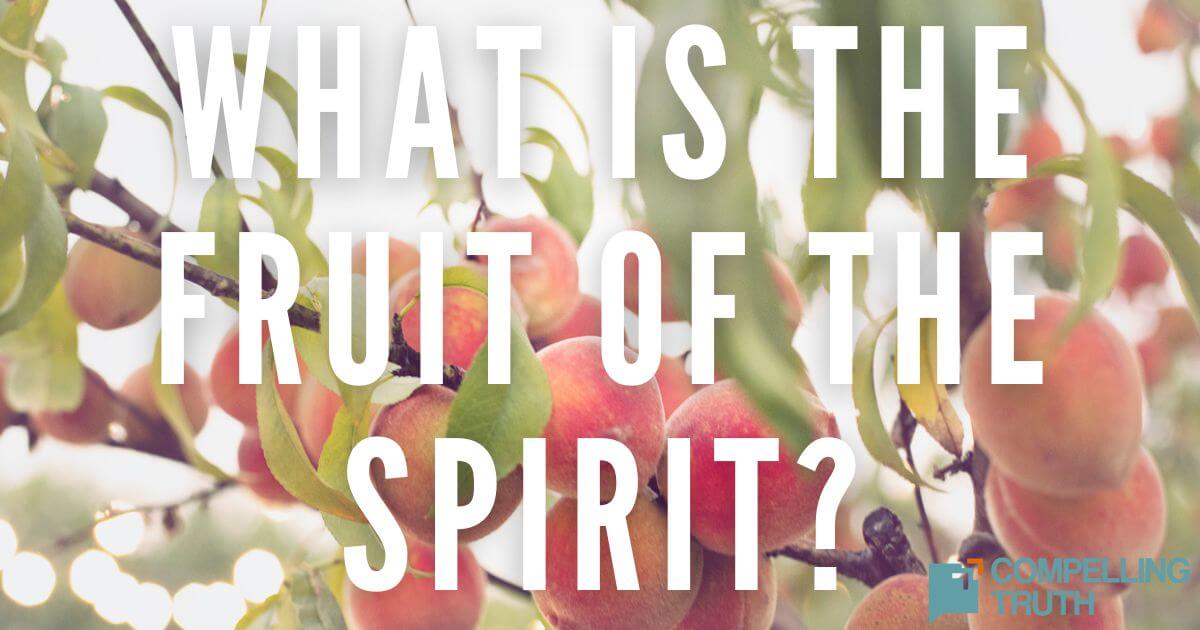what does the bible say?
Love is a fruit of the Holy Spirit because it reflects God's own nature and is essential to every part of the Christian life. The Bible teaches that without love, even the most impressive spiritual actions are meaningless (1 Corinthians 13:1–3). This love—agape—is sacrificial, patient, humble, and enduring, empowered by the Spirit rather than produced by human effort (Galatians 5:22; John 15:13). From the Old Testament to the New, God's love is shown as steadfast and active, calling us to love both God and others in response (Deuteronomy 6:5; Leviticus 19:18; Matthew 22:37–40). As we walk in step with the Spirit, His love grows in us and overflows into every part of our lives (Romans 5:5; 1 John 4:12).




